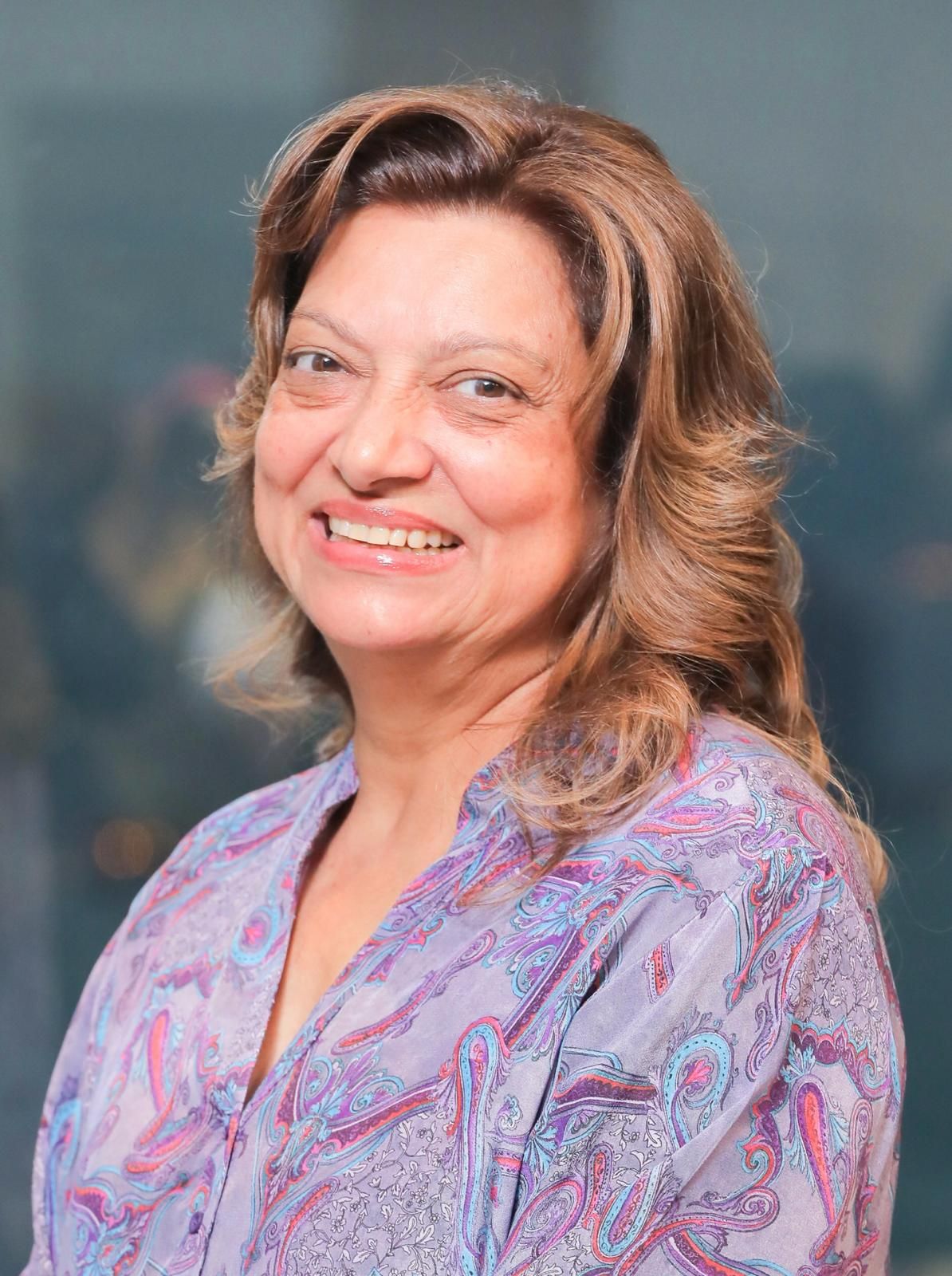SENsational Foundation helps people with disabilities get hired. Their upcoming June 1 fundraising gala marks yet another milestone in their mission to spread the word for disability inclusion and empowerment
The productivity-oriented working environment of Hong Kong can be particularly intimidating for people with disabilities who are often treated as second-class candidates. People with mobility issues, chronic health conditions, mental wellbeing issues or neurodivergent individuals—whether their disability is apparent or non-apparent—face discrimination when applying for a job. Everyone deserves the same equal opportunity to showcase their skills, believes Faride Shroff, founder of SENsational Foundation—where the “SEN” stands for Special Employment Needs—and niece of Purviz Shroff (Asia’s Most Influential 2022), who is also a supporter of the organisation.
Founded in 2013, the charity helps people with disabilities identify their strengths, needs and interests, and maps them to existing roles in the right industries and sectors. SENsational also educates employers about the benefits of hiring from this untapped pool of talent and recommends simple bespoke strategies for a more disability inclusive workplace. With a little patience and a few adjustments, Shroff says, employers stand to gain dedicated and loyal additions to their workforce.
In case you missed it: The Hong Kong artists with disabilities who are defying social expectations and creating powerful art


Shroff is a special education needs (SEN) teacher by training and has worked with a wide range of students with physical and mental disabilities in public schools. One evening after school, as she was getting ready to leave, a former student of hers came knocking on her door. Having graduated, the young woman—whom Shroff remembered to be happy and bubbly—seemed visibly depressed. Due to her ability and her family’s financial situation, she had decided to work instead of pursuing university studies. Job-searching, however, proved to be challenging, since employers dismissed her candidacy when her minor speech disability was revealed either on paper or during the rare interview.
“I’ve come to say goodbye; I just wanted to see you before I go,” Shroff recalled her student’s words. The educator paused, then asked her what she meant, whether or not she was moving back to China with her parents. “No, I want to leave forever, because I know I’m not needed in this world.” Shocked by what she heard and rushing to reassure her, Shroff responded that someone, somewhere will do something. “Yes, but who? And when?”
Still moved by this exchange to this day, Shroff has made it her mission to fill this void for people with disabilities in Hong Kong. “As a teacher, I was being inclusive and promoting [disability inclusion] at school, but what was the use of it at the educational level if [people with disabilities] were not included in our society and in our community?”

